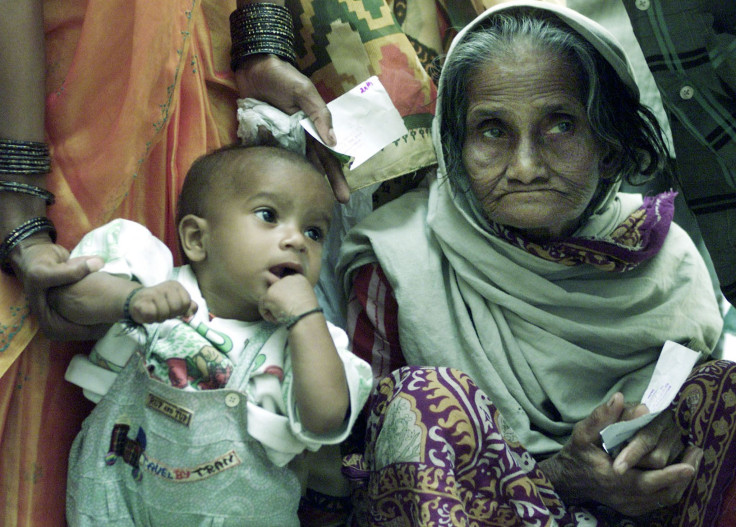Scientists find ‘gene deletion’ as new way to increase lifespan by 60 per cent

The human lifespan could be extend longer than usual with the latest discovery of hundreds of specific genes that, when removed, could significantly turn off the ageing process. Researchers have found 238 specific genes after a 10-year work, which extend the lifespan of yeast cells, and could also be found in the human body.
The new study shows that through a process of deleting the newly identified genes, life could be extended by more than 60 percent. The researchers said that genetic editing might also be replicated in humans to boost health span.
“This study looks at ageing in the context of the whole genome and gives us a more complete picture of what ageing is,” said lead author Brian Kennedy, president and CEO of the Buck Institute for Research on Ageing in the U.S. He added that almost half of the yeast genes are also present in mammals.
“In theory, any of these factors could be therapeutic targets to extend health span,” Kennedy said. The researchers are now aiming to identify which are significantly amenable to be targeted for gene deletions that would effectively increase life.
The Buck Institute, together with researchers from the University of Washington, examined the development of 4,698 separate yeast strains, with each having a single gene deletion. The cells on each strain were counted to follow its respective replicative lifespan, while monitoring the mother cell’s ability to produce daughter cells through cell division.
The findings, published in the journal Cell Metabolism, show that extracting the gene LOS1 has resulted to 60 per cent increase in the life span of the yeast. LOS1 is commonly involved in building proteins. However, in the study, it has been found to be related to separate genes involved in caloric restriction and DNA damage control.
Calorie restriction is the process that extends lifespan for a long time, Kennedy said. The DNA damage control is also associated to ageing, he added, which LOS1 may be “connecting” the two different processes.
Contact the writer at feedback@ibtimes.com.au or tell us what you think below






